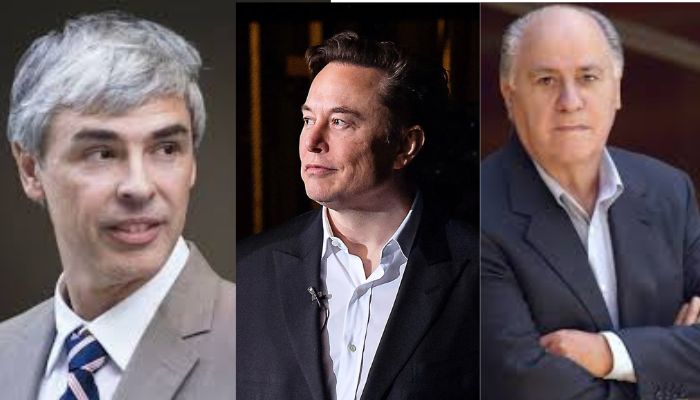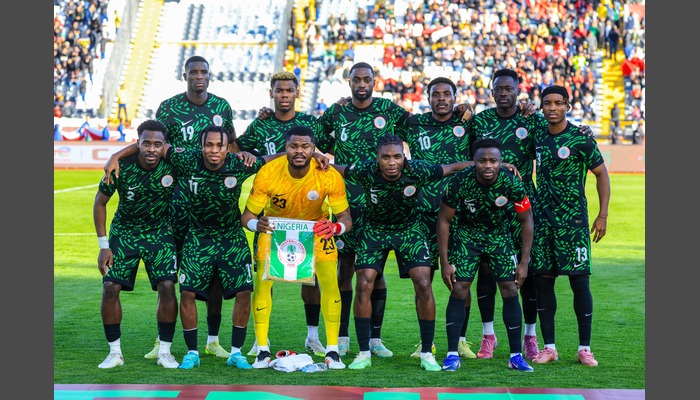Olisa Agbakoba, a senior advocate of Nigeria (SAN), says the future of Nigeria resides only in a conscious dialogue to determine if the people want to stay together and under what arrangement, even as he says that restructuring alone can not do the magic.
Agbakoba, who made the observation in Lagos Tuesday, while speaking with journalists, warned that the Nigerian masses should not be taken in by a gush of calls for restructuring, by politicians, which he alleged was aimed at hoodwinking the electorate ahead of 2019 general election.
“Every politician is talking about restructuring. It is also wrong for the Acting President to say Nigeria’s sovereignty is not negotiable. This position is inflexible. Government needs to adopt a flexible stance. The attitude should be, ‘how do we bring Nigerians together?’ It is wrong for him to say Nigeria is insoluble because nothing is sacrosanct. The only thing that is sacrosanct is that we need to agree whether we have to live together or not,” he said.
The former national president of the Nigerian Bar Association (NBA), who recently dragged the Federal Government to court over the alleged neglect of the South East in infrastructural development, said: “Some people have advocated restructuring as the solution. Restructuring is conceptually wrong without reviewing why it is needed. Restructuring will also not work in the context of a military democracy and political elite conspiracy.
“The agitation for restructuring is a political calculation for 2019. Most politicians advocating restructuring today will abandon it when they get power.”
Tracing Nigeria’s problem to its history, he said: “In our evolution (that is from colonialism, independence, military rule and military democracy) what we have had is authoritarian governments and exclusion of the people. No serious effort has been made to engage the people and build consensus.”
Agbakoba, however, explained that the country needed a new deal, which, unfortunately, the present political elite cannot deliver “because of entrenched personal interest.”
The legal practitioner further said that because the colonial and post-colonial constitutions did not emanate from the full involvement of the Nigerian people, “the result is that Nigeria has remained a ‘geographical expression’”.
According to Agbakoba, “This explains the frequent national conflicts/agitations: The Western Region crisis (1965-1966); the first military coup (January 15,1966); counter coup of July 28,1966; civil war July 6,1967-January 15,1970; failed military and civilian governments; Niger Delta, Biafra and Arewa agitations; Fulani killings of farmers in Benue and killings of Fulanis in Mambilla Plateau.”
Agbakoba averred that every constituent part of Nigeria has a right to self determination as “it is guaranteed by Article1 (2) of the United Nations Charter and Article 20 (1) of the African Charter on Human and People’s Rights.”
“Self determination has origins in natural law and fundamental rights which led to the American Declaration of Independence, the French Revolution. The Scottish referendum and Catalan referendum are all good examples. Aspiration for self-determination is not new or peculiar to Nigeria. The caveat however, is that self determination must be carried out peacefully and within the law.
“Nigeria’s situation can be likened to a failing marriage. To salvage it, the couple need to make adjustments/changes to make the marriage work,” he further said.
Zebulon Agomuo









